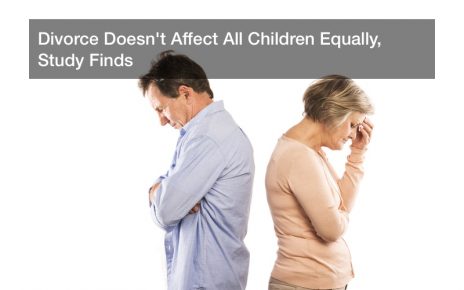
 Baby crying again? Let them weep, says a new study. Sleep training is recommended for babies between three to five months in age.
Baby crying again? Let them weep, says a new study. Sleep training is recommended for babies between three to five months in age.
Researchers from Flinders University in Adelaide, Australia, recently published a journal article in Pediatrics that gives new parents the OK to let their infants “cry it out” at bedtime.
The study followed 43 sets of parents who reported difficulties in getting their children to sleep. One-third of the group were instructed to leave the room after putting the child down to bed and to wait for increasingly longer intervals before returning to aid their cries — a technique known as “graduated extinction” in the medical field.
Another third of parents were trained in “bedtime fading”: gradually putting the child down to sleep at later hours closer to their own bed time. As all parents know, newborns tend to sleep an average of 14 to 17 hours per day, so “bedtime” might come at any time of the day or night.
The final third of parents were given no instructions at all on how to deal with their crying baby and acted as a control group.
Within three months, the graduated extinction group of babies were falling asleep 15 minutes faster than the control group. They also woke up fewer times throughout the night. The bedtime fading group fell asleep around 12 minutes faster.
Significantly, the “cry it out” tactic did not induce stress for the infants, either. In fact, they produced lower levels of cortisol, the stress hormone, than the control group.
This is good news for parents who may feel guilt or anxiety about letting their children cry without attention, says Michael Gradisar, the study’s lead author. “This is a concern that has been expressed by many parents, which is interesting to me as a scientist, as there is no compelling evidence to support this claim,” he told CNN.
In a follow-up one year later, the babies from all groups were sleeping about the same amount of time, and none showed any signs of behavioral issues.
Still, Gradisar says it’s difficult to capture the full effects of the study’s results. “What our data probably do not capture is the peace of mind surrounding bedtime that we see when we work with families.”



